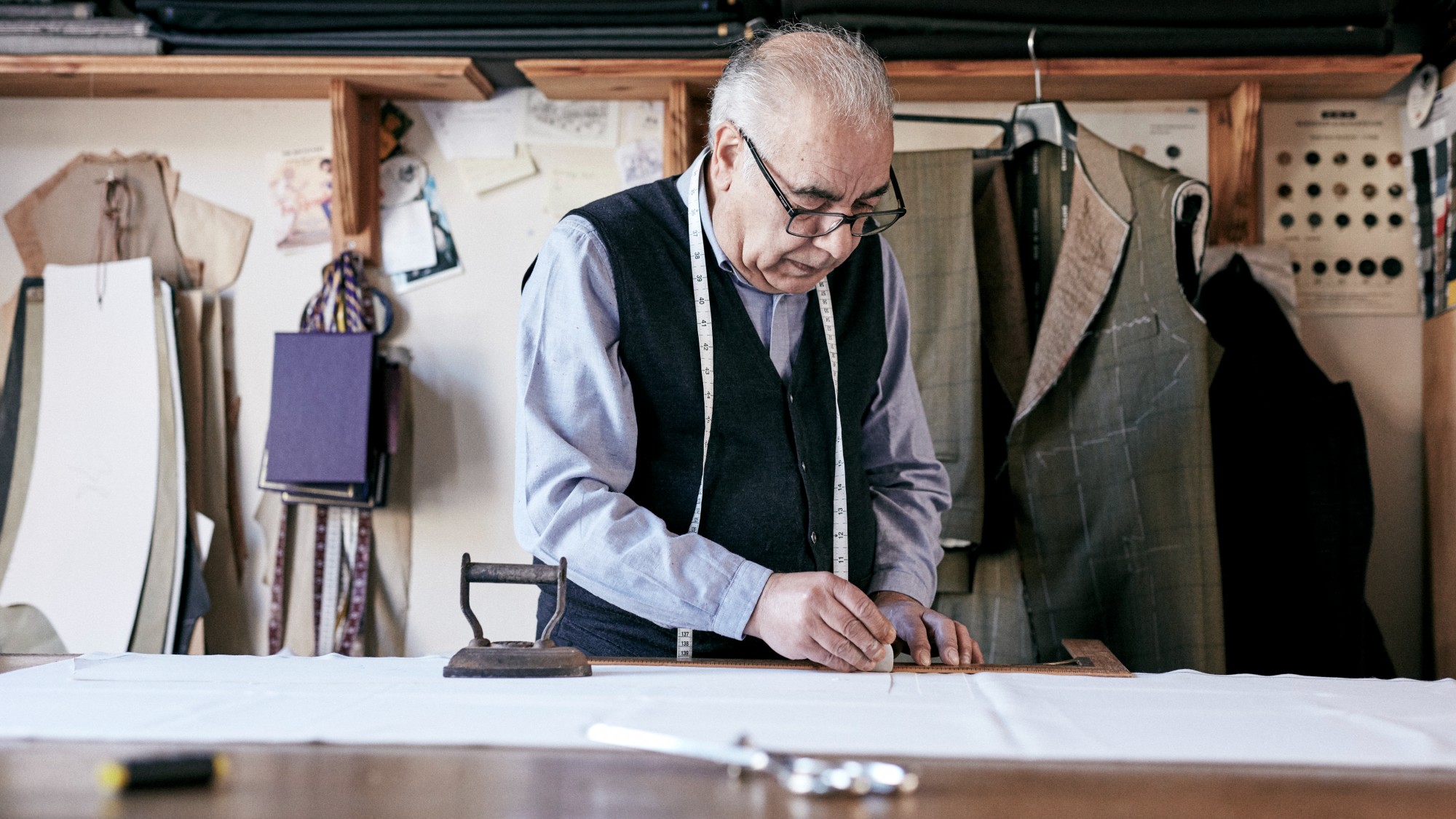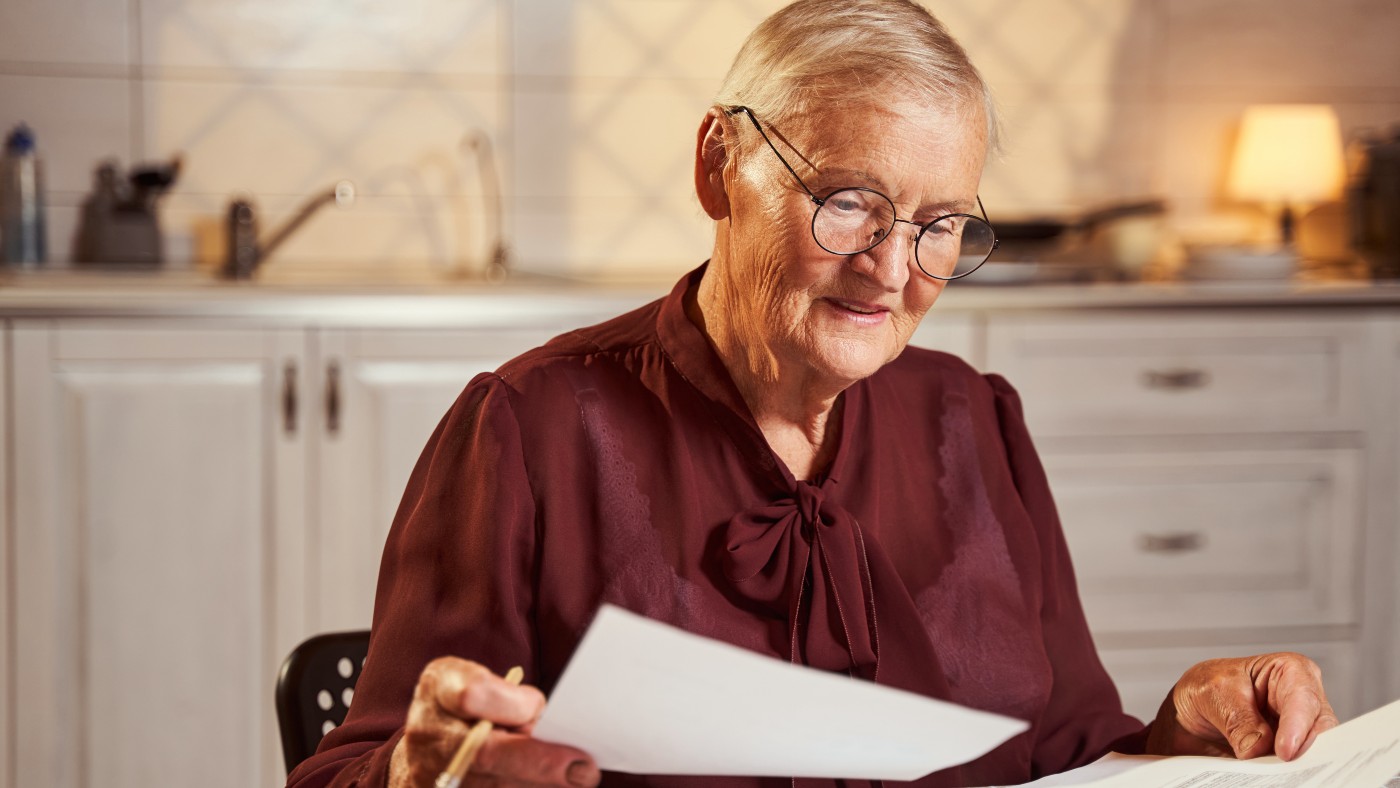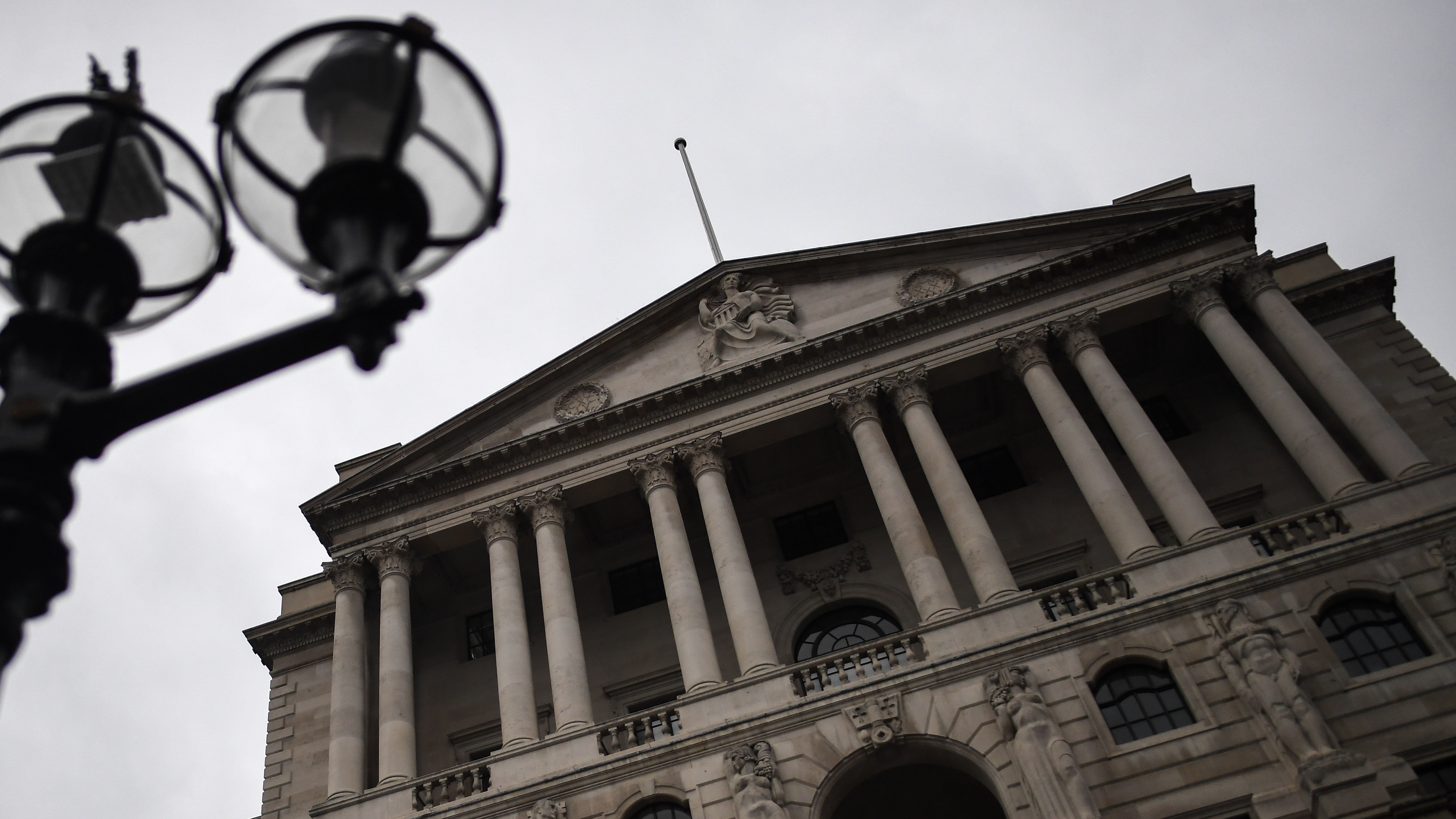How women can bridge the gender pension gap
New figures have shown the extent of the problem for women in retirement years

A free daily email with the biggest news stories of the day – and the best features from TheWeek.com
You are now subscribed
Your newsletter sign-up was successful
Women are reaching the age of 55 with approximately a third less in their private pensions than men, according to the latest official figures.
A report compiled by the Department for Work and Pensions (DWP) has, for the first time, revealed the true extent of the difference between men and women when it comes to retirement and potential outcomes.
It showed that the gender pension gap in the UK – the difference between the size of men’s and women’s private pension pots – is currently 35%.
The Week
Escape your echo chamber. Get the facts behind the news, plus analysis from multiple perspectives.

Sign up for The Week's Free Newsletters
From our morning news briefing to a weekly Good News Newsletter, get the best of The Week delivered directly to your inbox.
From our morning news briefing to a weekly Good News Newsletter, get the best of The Week delivered directly to your inbox.
This means that “for every £100 a man has in his pension, a woman has just £65”, MoneyWeek confirmed, creating a “significant shortfall” for many women.
‘The caring sex’
The reasons for such a gap are varied, but permeate society at every level. The Guardian suggested that “lower overall earnings, time off for childcare and other caring duties, and the greater number of women doing part-time work” all have a part to play.
Writing for the i news site, pensions expert Becky O’Connor said the “main problem” lies with an often incorrect assumption that women are “the caring sex”.
“It is assumed women care more and therefore have to work less, and it needs to change,” she told the news site. “This is an assumption that has deep roots in the pension industry,” she added.
A free daily email with the biggest news stories of the day – and the best features from TheWeek.com
The Daily Express agreed, suggesting the pension system may be “intrinsically biased”. Experts told the newspaper that private pensions were conceived at a time “very different” to today, and have not evolved in a meaningful way since. The Express added that the gap for women can be “potentially devastating” in later life.
Ros Altmann, a former pensions minister, told Money Marketing that “something urgently needs to be agreed” when it comes to helping women. “The cards really are stacked against women in the pension world,” she said. “Not only do they lose out in private pensions; they get less state pension too.”
The government plans to eliminate the gender state pension gap by 2040, FT Adviser reported last year, utilising auto-enrolment to “decrease the overall savings shortfall between men and women”.
How to bridge the gap
While the gap may feel difficult to bridge, there are potential ways for women to close the financial chasm.
Alice Guy, head of pensions at interactive investor, told the Express it can “make sense to up your pension contributions”. She suggested contributions of an “extra £200 per month” from the age of 50, could add up to “£64,104 by the time you reach 67”, assuming 5% investment growth.
Megan Rimmer, of financial firm Quilter, also pointed towards the government’s “encouraging policy” to get more parents to “retrospectively claim National Insurance credit” from child benefit, when speaking to Pensions Age.
Child benefit is seen as vital in helping with the cost of raising children and THP Chartered Accountants recently warned a failure to claim “can be a very costly mistake”, putting the state pension at risk.
A claim for child benefit could help parents secure valuable National Insurance credits, which count towards boosting the state pension.
Rebekah Evans joined The Week as newsletter editor in 2023 and has written on subjects ranging from Ukraine and Afghanistan to fast fashion and "brotox". She started her career at Reach plc, where she cut her teeth on news, before pivoting into personal finance at the height of the pandemic and cost-of-living crisis. Social affairs is another of her passions, and she has interviewed people from across the world and from all walks of life. Rebekah completed an NCTJ with the Press Association and has written for publications including The Guardian, The Week magazine, the Press Association and local newspapers.
-
 How the FCC’s ‘equal time’ rule works
How the FCC’s ‘equal time’ rule worksIn the Spotlight The law is at the heart of the Colbert-CBS conflict
-
 What is the endgame in the DHS shutdown?
What is the endgame in the DHS shutdown?Today’s Big Question Democrats want to rein in ICE’s immigration crackdown
-
 ‘Poor time management isn’t just an inconvenience’
‘Poor time management isn’t just an inconvenience’Instant Opinion Opinion, comment and editorials of the day
-
 Six ways to boost your finances in 2026
Six ways to boost your finances in 2026The Explainer It’s not too late to make a new year’s resolution to finally get organised money-wise
-
 The financial impact of returning to work in later life – should you 'unretire'?
The financial impact of returning to work in later life – should you 'unretire'?The Explainer Many people return to the workplace after retirement age, but what could it mean for your finances?
-
 State pension underpayments: are you getting the right amount?
State pension underpayments: are you getting the right amount?feature Hundreds of thousands of women may have received less than they were owed
-
 Early retirement: what is the ‘FIRE’ movement?
Early retirement: what is the ‘FIRE’ movement?feature Younger workers are aiming to quit the workforce early through extreme saving and investment
-
 How to plug the pension gap by buying National Insurance credits
How to plug the pension gap by buying National Insurance creditsfeature A temporary change in the state pension offers a ‘golden opportunity’
-
 Are UK pensions safe?
Are UK pensions safe?Today's Big Question Bank of England governor says its debt market support must end – but the multi-billion-pound scheme could be extended
-
 Pensions: time to end the triple lock?
Pensions: time to end the triple lock?In the Spotlight Ministers must decide whether to risk alienating older voters by ending guaranteed pension rises
-
 Pension payback scandal: are you affected?
Pension payback scandal: are you affected?In Depth Retirees facing huge repayment bills following discovery of calculations blunders dating back decades